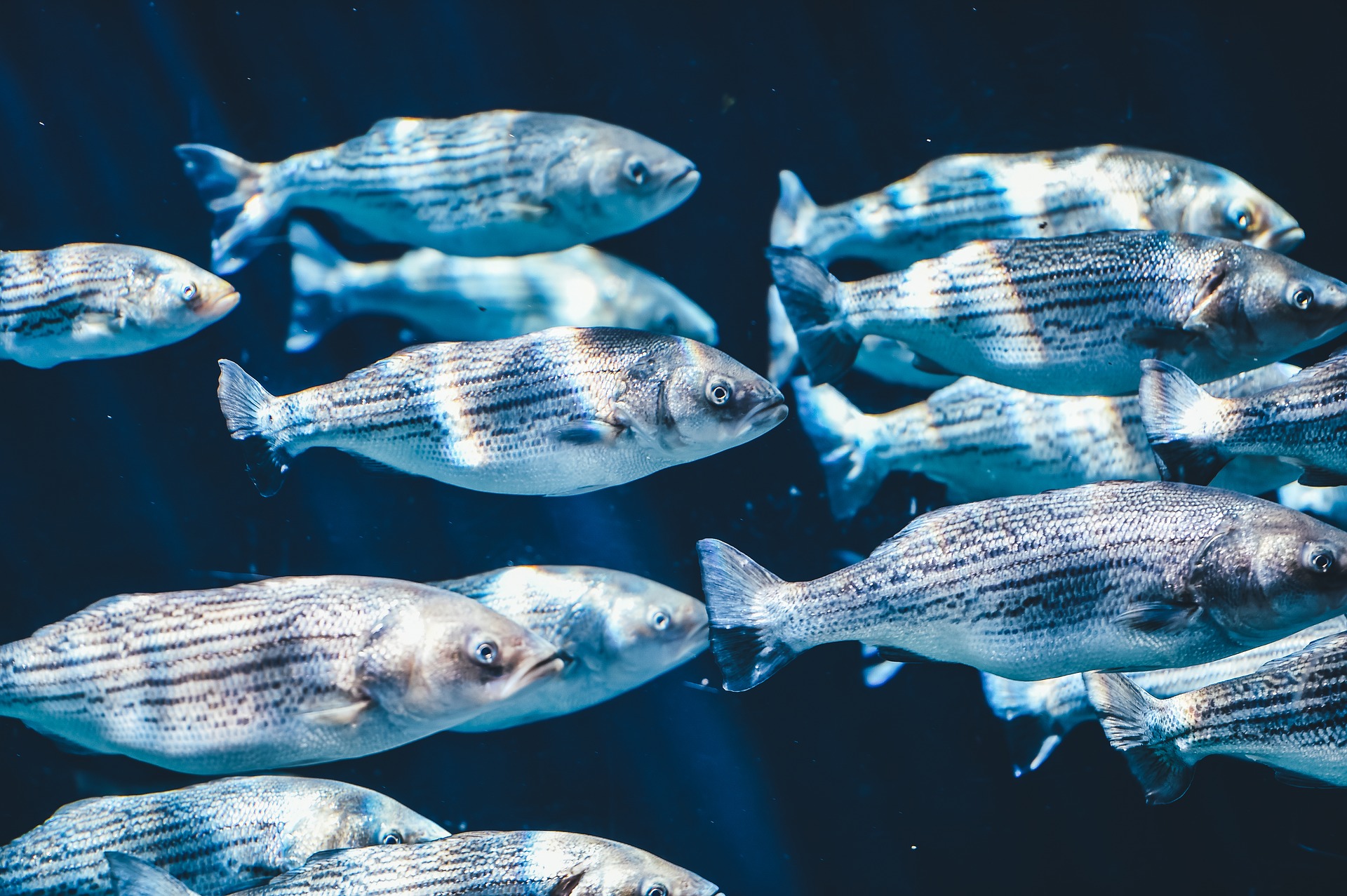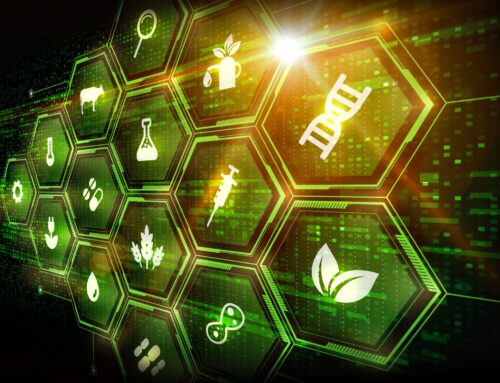Disease outbreaks are a major threat to aquaculture industries, causing enormous economic losses worldwide. The use of probiotics in commercial aquaculture is a recent trend, as they can act as a sustainable alternative to antibiotics and chemicals in the prevention and control of diseases. Besides disease control, marine probiotics are also used to improve fish survival, growth, and reproduction.
Probiotics are living organisms, added to feed supplements or water additives. Research in aquaculture has shown many benefits to the use of probiotics. Where antibiotics tend to imbalance the gut microbiota, probiotics contribute to improving the intestinal microbial balance. The good bacteria in probiotics populate the gut and compete with pathogens. Probiotics are also able to modulate the immune system and nutrient digestion, improving the overall health of aquatic animals.
The benefits go beyond improving the health of aquatic animals. The quality of water can be improved as well, with fewer bacterial pathogens.
It is highly likely that the use of probiotics will gradually increase as an alternative to antibiotics, boosting the aquaculture industry. However, more research must be done to understand the mechanisms of actions and the safety of probiotics use in aquaculture environments.
Are you interested in reading more on this topic? We have selected some interesting reads:
The Role Of Prebiotics And Probiotics In Aquaculture via ‘Global Engage’
Martínez Cruz, Patricia, et al. “Use of probiotics in aquaculture.” ISRN Microbiology 2012 (2012).
Pandiyan, Priyadarshini, et al. “Probiotics in aquaculture.” Drug Invention Today 5.1 (2013): 55-59.
Picture credits @Pexels via Pixabay.com






